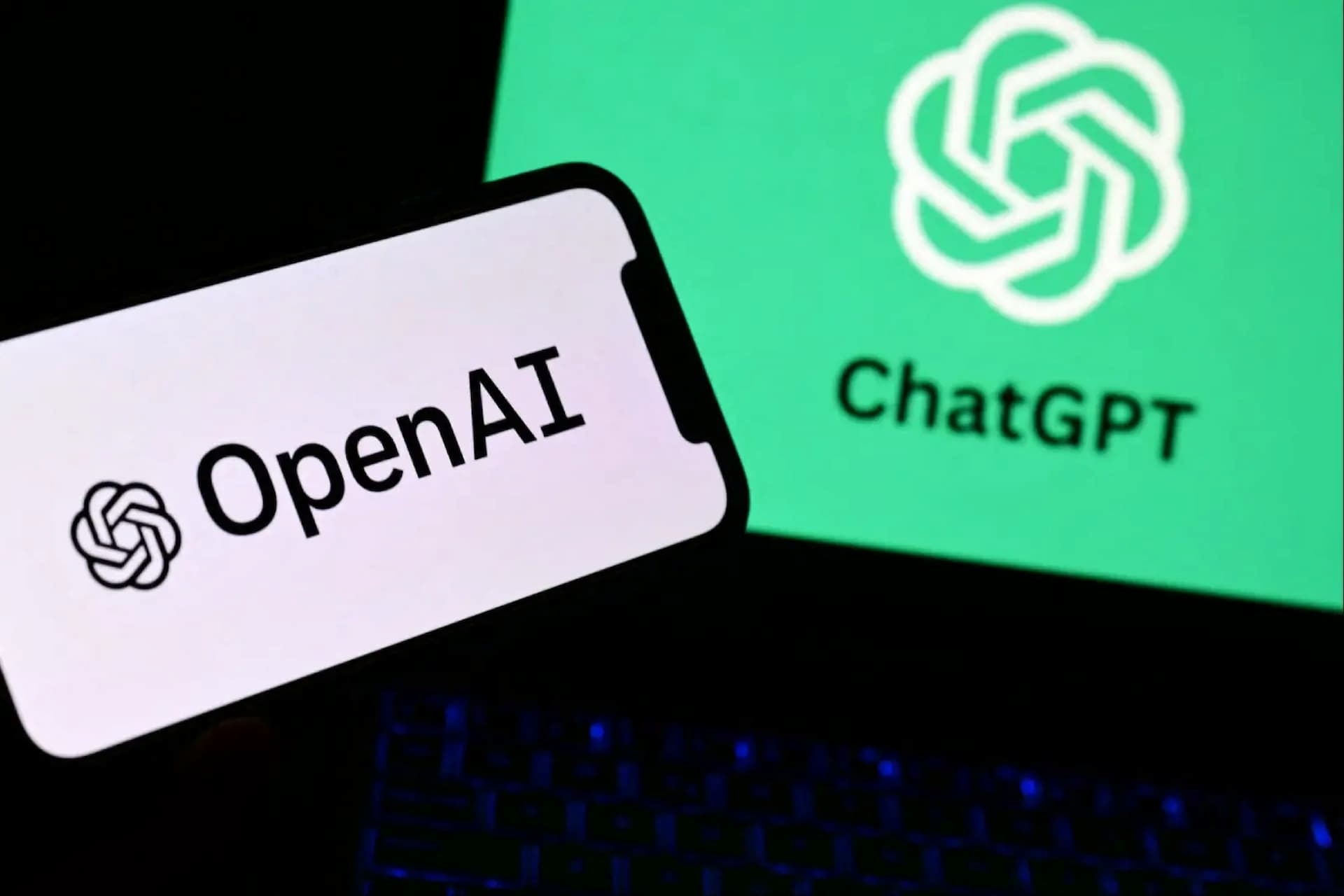SnapLogic has published new research highlighting how AI adoption reshapes daily work across industries while exposing trust, training, and leadership strategy gaps.
The study finds that 78% of employees already use AI in their roles, with half using autonomous AI agents. Workers interact with AI almost daily and save over three hours per week. However, 94% say they face barriers to practical use, with concerns over data privacy and security topping the list.
Based on a survey of 3,000 US, UK, and German employees, the research finds widespread but uneven AI support. Training is a significant gap, with only 63% receiving company-led education. Many rely on trial and error, and managers are more likely to be trained than non-managers.
Generational and hierarchical differences are also evident. Seventy percent of managers express strong confidence in AI, compared with 43% of non-managers. Half believe they will be managed by AI agents rather than people in the future, and many expect to be handled by AI themselves.
SnapLogic’s CTO, Jeremiah Stone, says the agile enterprise is about easing workloads and sparking creativity, not replacing people. The findings underscore the need for companies to align strategy, training, and trust to realise AI’s potential in the workplace fully.
Would you like to learn more about AI, tech, and digital diplomacy? If so, ask our Diplo chatbot!









